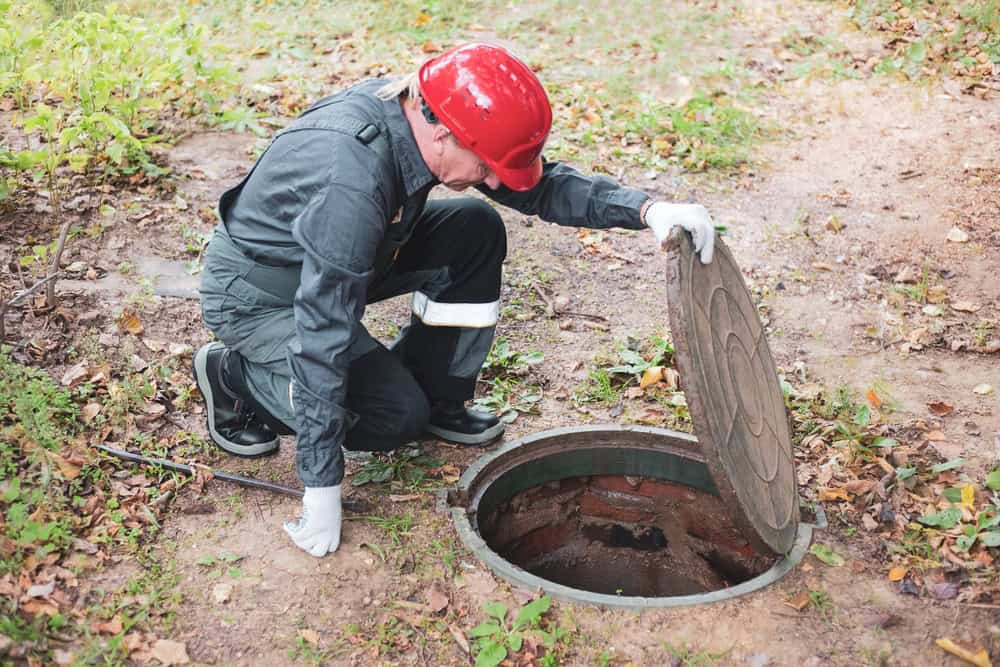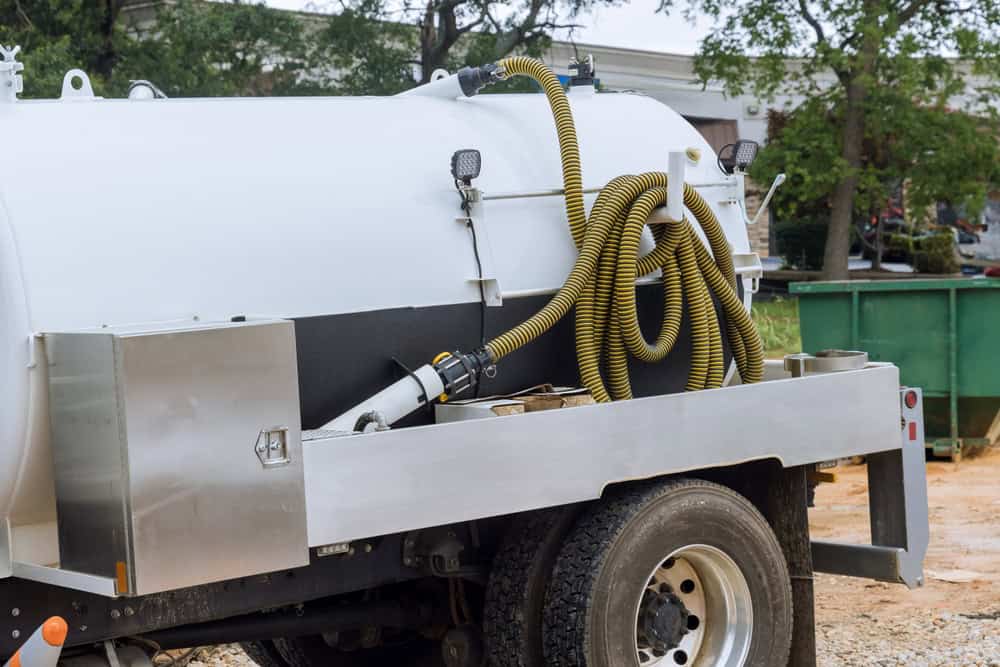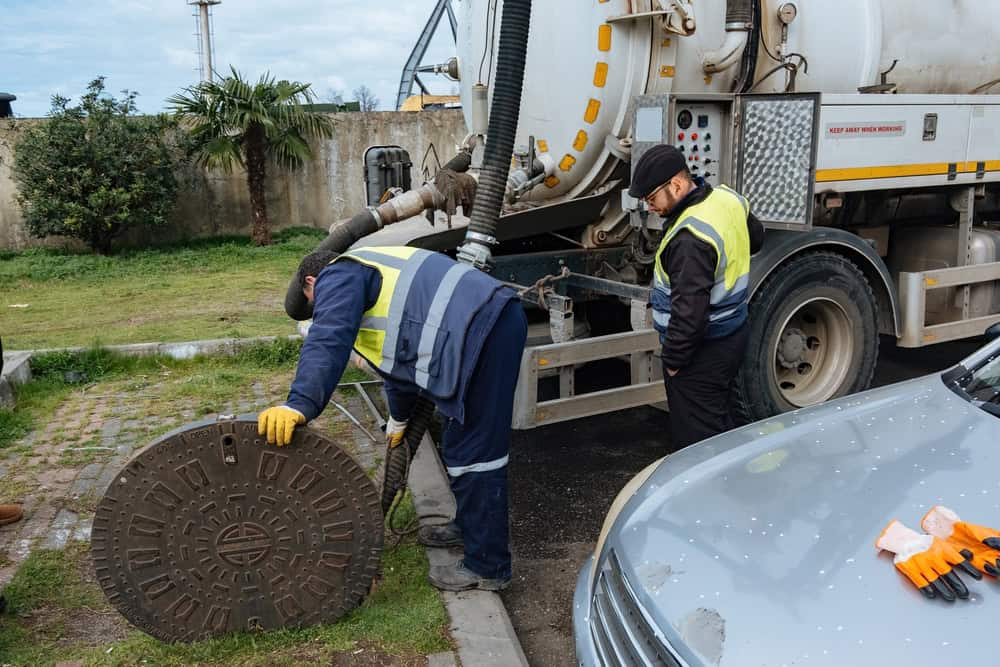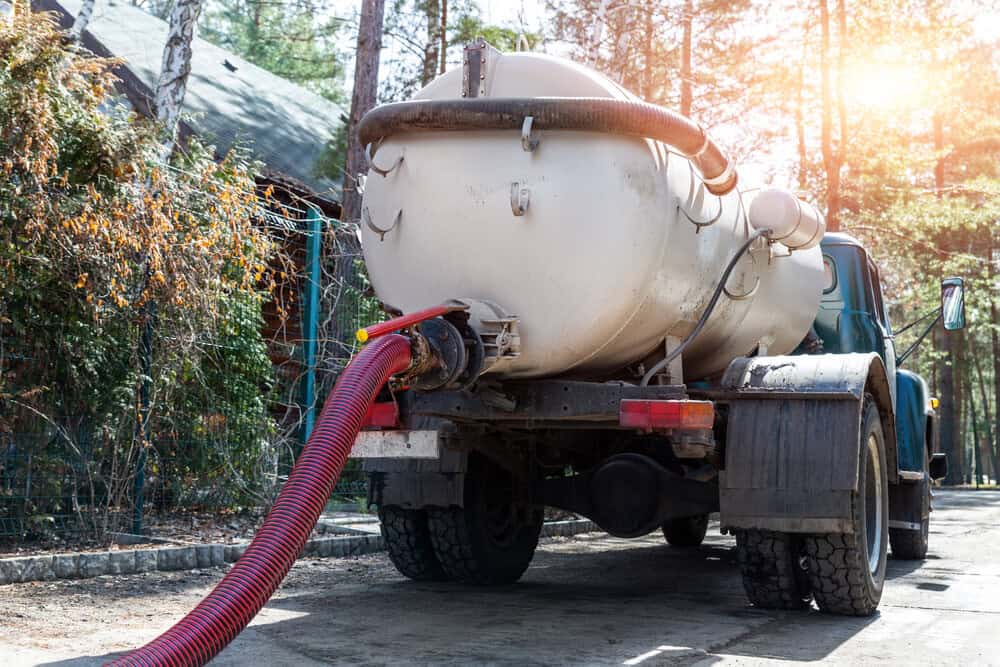No backups, no surprises, no weekend emergencies that ruin your plans and cost you thousands.

Hear from Our Customers

Your septic system runs quietly in the background, doing its job without drama. You know exactly when maintenance is due because someone actually keeps track for you. When you flush, shower, or run the dishwasher, everything flows smoothly without that nagging worry about backups or overflows.
You sleep better knowing you have a local company that picks up the phone when something goes wrong. Not just during business hours, but when septic problems actually happen – weekends, holidays, and middle-of-the-night emergencies that can’t wait until Monday.
Your property stays clean and your family stays healthy. No raw sewage surfacing in your yard, no foul odors greeting guests, and no scrambling to find bathroom alternatives while you wait for help that may or may not show up.
We’ve been handling septic tank services throughout Rocky Point and Long Island for years. The same technicians who pump your tank today will remember your system next time – no starting over with explanations every visit.
We’re licensed and insured in New York State, with the certifications and equipment needed to handle everything from routine pumping to complete system installations. Suffolk County regulations, soil conditions, and permit requirements aren’t mysteries to figure out – they’re part of our daily business.
When you call, you reach people who live and work in this community. Not a call center three states away, but local technicians who know Rocky Point neighborhoods and can be at your property when septic problems need immediate attention.

First, our licensed technician arrives with proper equipment and locates your septic tank and access points. No guessing or digging up half your yard – experienced eyes spot the signs quickly and work efficiently.
Our pumping truck removes accumulated solids and liquids from all compartments of your septic tank. While pumping, we inspect baffles, inlet and outlet pipes, and overall tank condition. You get a clear explanation of what we find – problems that need attention and systems that are working fine.
After pumping, everything gets cleaned up and you receive documentation of the service date and tank condition. If maintenance or repairs are needed, you get straightforward recommendations with realistic timelines. No pressure tactics, just honest assessments from people who want your septic system to last.

Ready to get started?
Septic tank pumping happens on schedule based on your household size and usage patterns – typically every 3-5 years for most Rocky Point homes. Emergency pumping when backups occur, plus diagnostic services to identify problems before they become disasters.
New septic system installations include proper permits, soil testing, and designs that meet Suffolk County requirements. Complete tank replacement when repairs aren’t cost-effective, with modern systems built to handle Long Island’s soil conditions and environmental regulations.
Septic inspections for real estate transactions, with detailed reports that buyers and sellers can actually understand. Repair services for damaged baffles, broken pipes, and distribution box problems that affect system performance. All work comes with clear documentation and warranty protection where applicable.

Don’t let cesspool issues disrupt your day. Reach out now for a free estimate and expert service.
©2025 Quality Cesspool All Rights Reserved. SEO Company NYC – Web Design & SEO by Hozio